Is there really anything like the feeling of dread you get right before your yearly mammogram appointment?
Now, take that feeling and multiply it by 20. At my most recent ultrasound, as the sticky residue of the gel dried and my anxiety began to wane, my doctor came in with some news. “The screening isn’t conclusive,” they said. “We have to do a biopsy.” My heart began racing and my eyes welled up with tears. My first thought was: I don’t want to die, my kids are too young.
Even though there was only a 5% chance it was cancer, we needed to do a biopsy to rule it out. As someone with a painful history of miscarriages and fertility challenges, odds have never comforted me. I’ve been one of the unlucky few before, so I know it could happen again. For two days, I was a complete wreck. After 48 hours of crying, I put on my grandmother’s necklace, the one I always wear in my toughest moments, and I prayed. I tried to remind myself of all the other times I had been brave, and that this was no different.
I had been assured it would be “just a little pinch” — Tylenol and you’re set. I told Nihal, my husband, that he didn’t have to come with me to the appointment. “It’s nothing. I can handle this alone.” I even scheduled a meeting for two hours after the appointment and promised to speak on a panel that night. Biopsy in the morning, and then business as usual. But the pain was unbelievable. No one bothered to mention that it would make my entire breast purple, sore, and lumpy; forget about wearing a bra. Sitting in that empty exam room, bruised physically and emotionally, I wondered if this was just the beginning — that if the biopsy results came back positive, I’d have to keep putting on a brave face and grit my teeth through the pain. The thought of it crushed me.
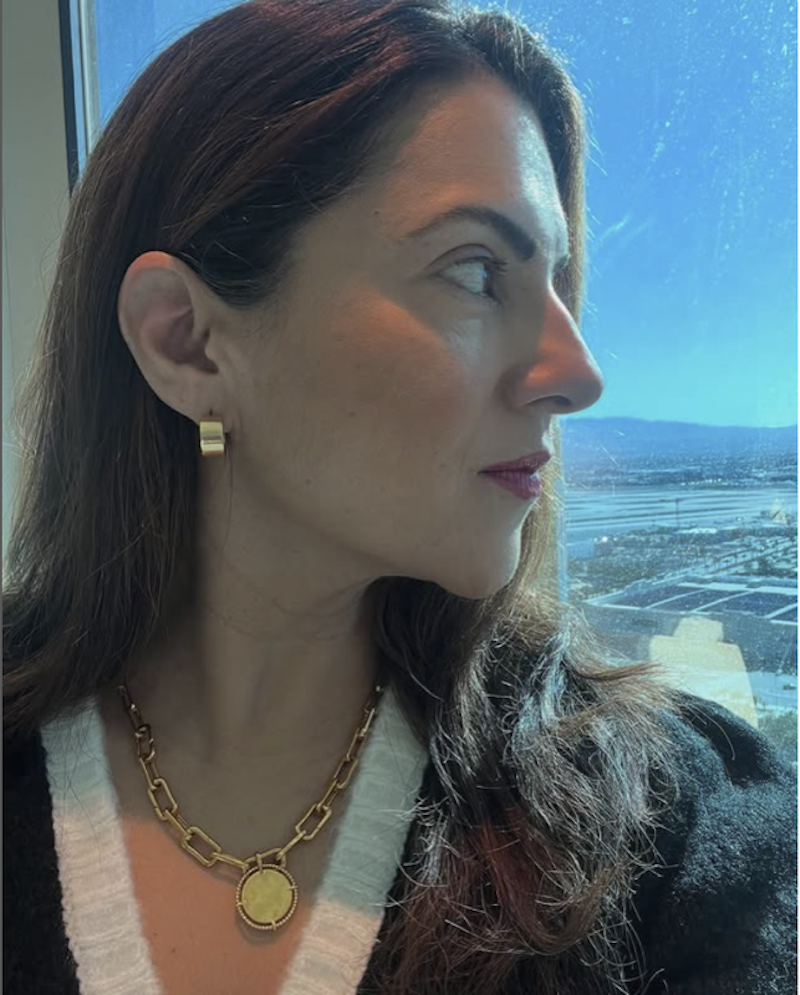
But my story isn’t unique. This narrative has always permeated women’s health. We are constantly dismissing our discomfort as though it were trivial. From girlhood and well into midlife, women are made to believe that perfection is the gold standard of success. We are taught to shrink everything about ourselves that challenges this impossible ideal. This relentless pressure shows up over and over in my life, from miscarriages to C-sections, and now during my breast cancer scare.
So why do we do it? Is it to prove we are truly unflappable? To combat age-old misconceptions about our strength? Or is there a deeper, more insidious reason?
Is it the fact that women’s health is understudied, underfunded, and constantly under attack? While the world pours resources into men’s health, women’s health is relegated to the B team, as if it were unworthy of attention. After all, from an early age, we’re conditioned to minimize our pain. It starts with period cramps, which are uncomfortable at best and debilitating at worst. Yet 60% of teens agree that society teaches us to be ashamed of our periods, perhaps explaining why grown women find it impossible to articulate their pain. We’ve been conned into believing we just have to grin and bear it.
This continues through IUD insertions, egg retrievals, miscarriages, pregnancy, C-sections, and even right after we’ve had our breast tissue painfully removed. It’s always, “See, that wasn’t too bad” — and then we’re back at school pickup, hauling the trash down to the curb, hopping on the Zoom call. Everyone knows we’re being gaslit, but our frustration is met with indifference, as usual.
After my appointment, I still took the meeting. I spoke on the panel that evening, too. But when I finally lay down to rest that night, I was hit with a wave of guilt. Why didn’t I put my health first? Why didn’t I feel like I could? A few days later, the results came in: the biopsy was negative. And I finally exhaled. I realized I had spent nearly a week suffering alone, all because I had internalized the belief that women need to just “tough it out.”
I’m clearly no exception to the rule. I’ve built an entire career on the notion that I can handle anything that comes my way. It’s woven into my identity. No one can handle pain like me, I always told myself. I wore that “strength” like a badge of honor, proof that I could bear it all. But the strongest women I know don’t suffer in silence. They create communities of support where admitting “I need you” is a declaration of bravery, not weakness. They prioritize rest and healing. They know that to face the trials that life throws at us, we must recognize when it’s time to pause.
When I look back on the day of my biopsy, I wish I had done things differently. When my husband offered to come with me, I should have said yes — because I needed him. When the meeting and panel invites hit my inbox, I should have said no — because I needed to. Strength isn’t about pushing down the pain. It’s about honoring our body and, in doing so, honoring ourself.
I’ve always believed that change starts from the choices we make as individuals. So let this be my message to every woman: Give your body and your mind time to heal. There is no glory in suffering alone. We owe it to ourselves, and one another, to understand that we are worthy of care.
For too many, taking the time to care for yourself comes at a very literal cost. The glaring lack of paid leave in the U.S. forces people into impossible situations, where their health and the well-being of their family lie in the balance. Because we don’t have the policies we need and no one in this country can afford to go weeks without a paycheck, care has become a luxury.
As the CEO of Moms First, it’s my mission to win paid leave and child care. In this fight for our future and the care we deserve, it’s easy to get wrapped up in the urgency. Every ping on my phone is an opportunity to spring into action. And trust me, I will. But it’s in these moments that rest is more critical than ever. We need moments of stillness to gather strength and remind ourselves why we fight so relentlessly.
In a world that prioritizes doing, having, and being it all, rest is a radical and revolutionary act. It’s a sign of courage. So go out there and be brave.
Community Guidelines




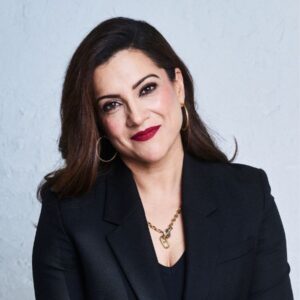






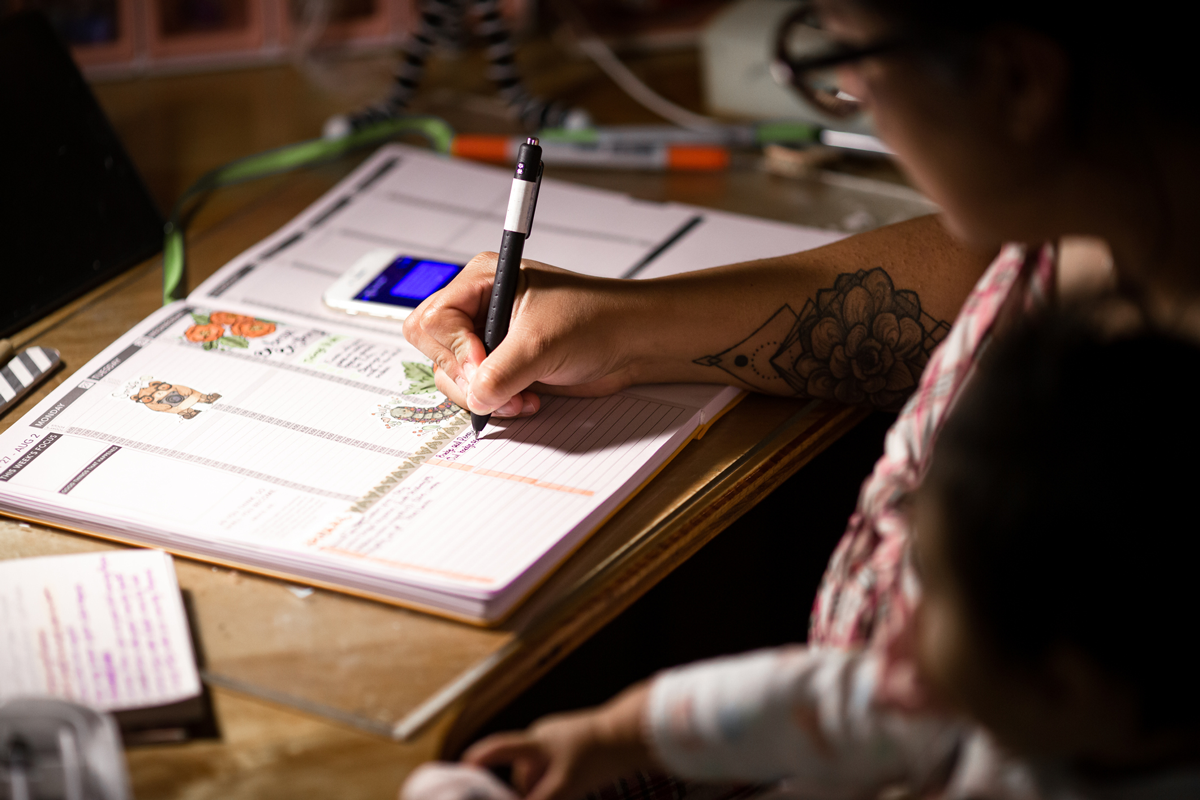
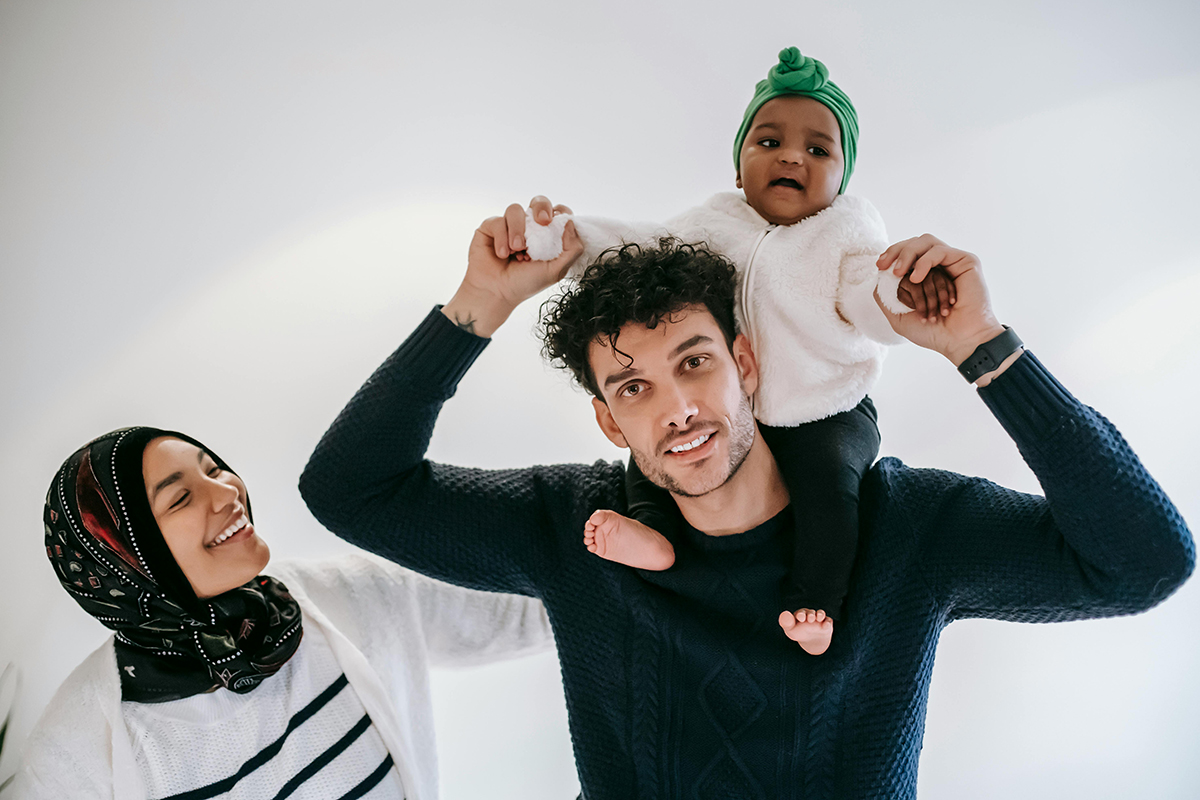
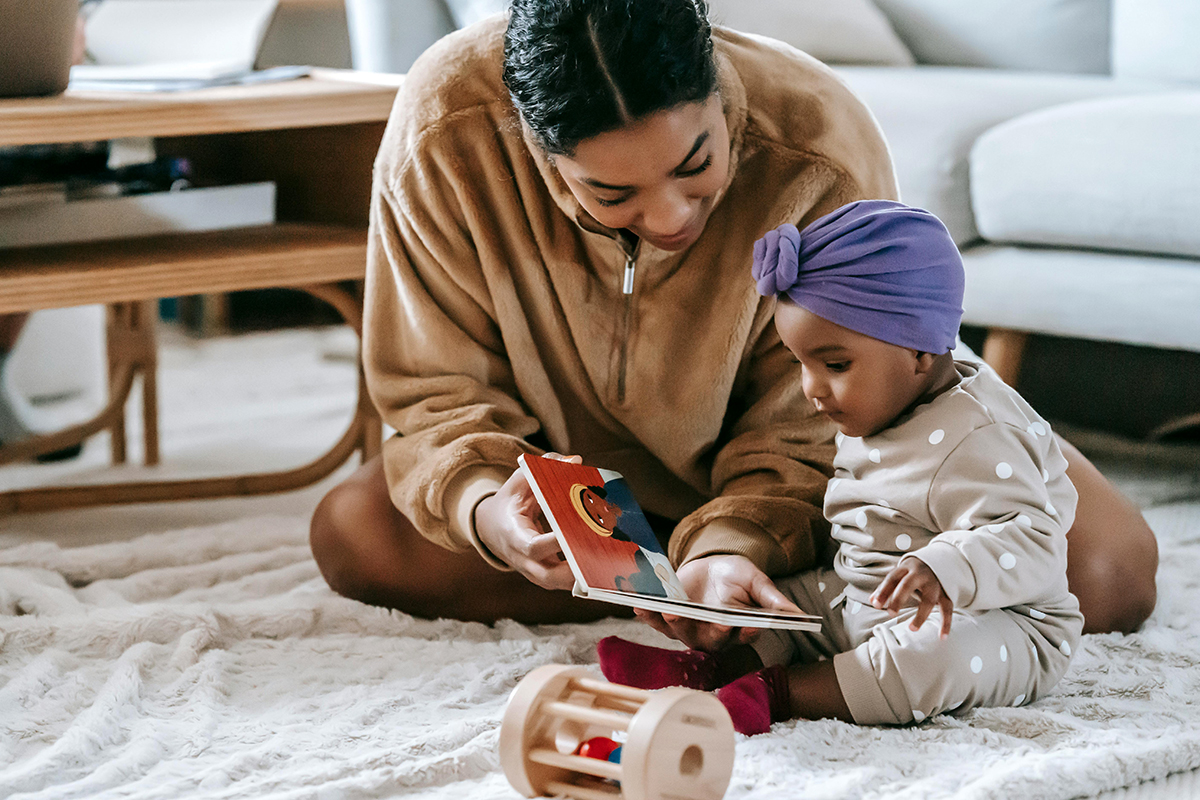

Log in
I needed this. Last week I had a hycosy at 10 AM and was leading a panel discussion at 11. I pulled it off but it was very unpleasant. I’m going to remember this for the next procedure–having polyps removed in a month. These cycle-dependent tests and procedures are really difficult because you can’t plan for them. I have to call when my cycle starts and then squeeze it, prioritizing the doctors availability over what works for my schedule. I know when my period is going to start, so I wonder why I can’t schedule this in advance. Then I could actually plan for the time off, not only for the procedure, but for the rest and recovery as well.
Thank you for sharing this. It’s such a difficult line. I’m three weeks out from finding out that I had a missed miscarriage and four days post d&c. When I first found out, I worked through it as I had a lot of deadlines to meet. It was brutal. I changed course and decided to take some time off and rest. That was not well received by my employer and I fear I’m going to be punished for doing so. It has made a difficult time even more challenging. Physically I’m doing okay, but mentally and emotionally it has been so much harder than I expected. I worry rest was not the best choice here, even though I know it was what I needed.
So sorry for this awful experience. Rest is not talked about or planned for nearly enough. One line stuck out at me: about not being able to wear a bra. The post-procedure instructions should have said to wear a tight one for something like 24 hours after the biopsy, even overnight, to hold an icepack and reduce swelling. Then again, a lot of places are not great about after care instructions, so maybe the author was just never told this.
I needed this. Thank you. As someone with a high powered career, a toddler, and ongoing fertility and medical issues on the path to have a second kid, this resonated very strongly with me. I’m not good at asking for help, but I am good at asking for support and feel proud of myself for that. So often women suffer in silence in society – the more women in a position to do so speak out about their true experiences and what’s hard, the better. I feel a little less alone after reading this.
I honestly find this article very performative. It’s just another CEO talking the talk and not walking the walk. Do as I say, not as I do. You be brave, while I continue to build my career as expected. What would have been radical is actually to have taken the rest, not gone on the zoom call, not go on the panel. To tell others that no, I am in too much pain to participate. Instead she did none of these things but is here telling others to do so and potentially accept the career and life setbacks that unfortunately currently come with these choices.